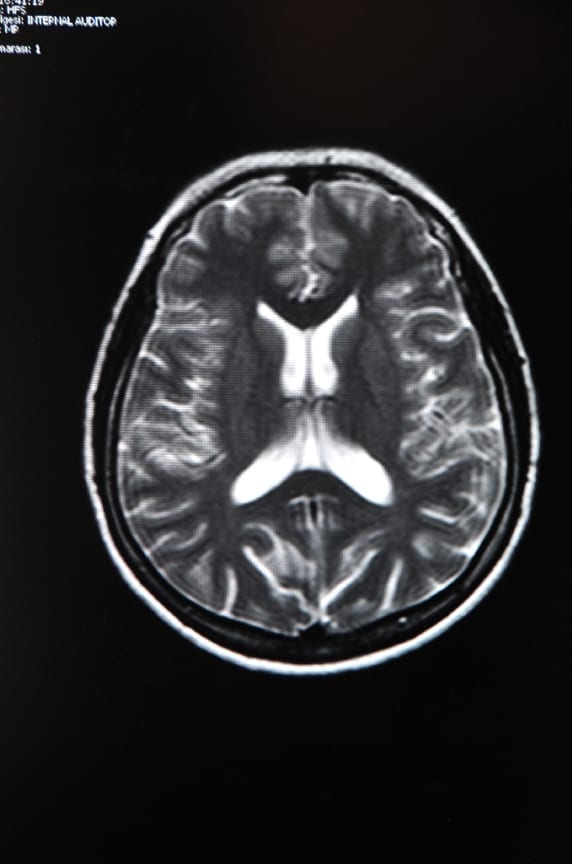New Brain Scan Detects Love
100 students brains have been scanned, a third whom were hopelessly in love with someone. After, scientists have been able to see some of the changes in brain activity that are related to love. Increased neuronal activity in several brain regions, including a portion of the reward circuitry was shown in those who were smitten in someone than of those who were out of love. The study was published in Frontiers in Human Neuroscience. It is clear that love is an intricate mix of cognitive, emotional and behavioral components. An international team of researchers from institutions in China and New York enlisted 100 healthy college students from Southwest University who were about the age of 18.
Participants were divided into three separate groups based on their current romantic relationship status like the “in-love” category, was made up of those currently deeply in love; the “ended-love” category where those who had recently broken up with someone, and the “single” group, consisting of those who had never been in love. Then they used fMRI to look at brain activity while they weren’t thinking. They discovered that compared to others, those in the in-love group shown an increased activity across many regions, consisting in reward, motivation, emotion, and social functioning. The longer they had been in love, the great the activity observed.














